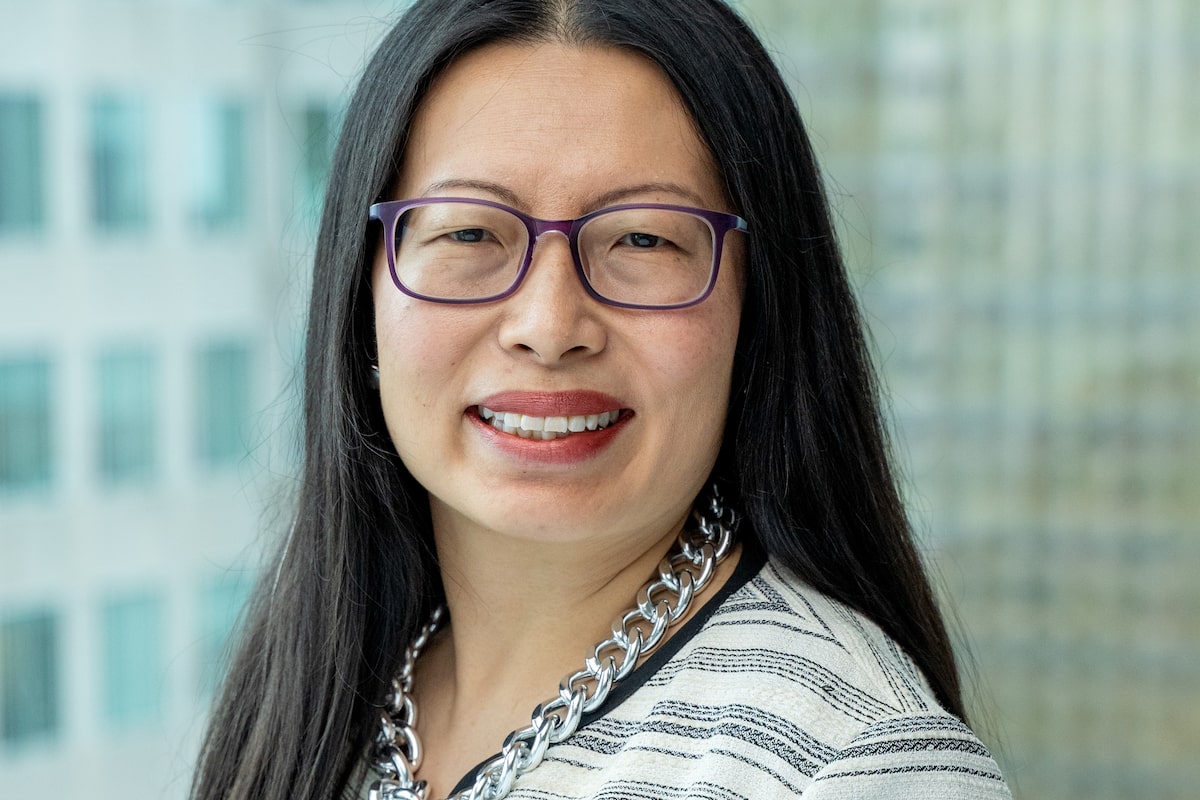Laura Lau, chief investment officer at Brompton Funds Ltd. in TorontoDavid Chang Photograhy/Supplied
In the Behind the Advice series, Globe Advisor asks advisors about their relationship with money from a young age, the lessons they’ve learned over the years, and how their experiences influence the advice they give to clients. We’ve also launched a Behind the Advice podcast – find all the episodes here.
Laura Lau, chief investment officer at Brompton Funds Ltd. in Toronto, talks about coming to Canada as a young girl, growing up with an entrepreneurial father and why she switched from a career in IT to financial services:
Describe your upbringing
My parents immigrated to Canada from Hong Kong in the 1970s when I was three years old and my sister was two. We also have a younger brother who was born in Canada. My parents wanted to come to Canada because they felt there were more opportunities for us here. They were also concerned about China taking over Hong Kong – given some bad family experiences with the Communist Party – even though it wasn’t set to happen until 1997, many years later.
My father was a serial entrepreneur. While in Canada, he opened a fish and chips restaurant on Queen Street in Toronto near the Drake Hotel. He also ran an arcade, had a store selling Chinese art and medicine and was a real estate agent. My mom worked with him in his businesses. It was an interesting childhood.
What was your experience with money growing up?
Money was always tight. It was a constant source of stress for the family. My father wasn’t good with money and was often in debt. I hate debt, as a result – even to this day. Growing up, I came to realize the importance of financial security. I didn’t want money to control me, like it did my parents, so I learned to live within my means, save and invest.
What did you want to be growing up, and how did you get into financial services?
My parents always saw education as a priority. It’s a very Asian mindset: to study hard in school to get a good job. Growing up, I had a neighbour with a PhD in electrical engineering. He told me engineering is a good field for women and, as I was good at math and science, I decided to study industrial engineering at the University of Toronto. I then worked as an engineer at the Canadian Air Force and later in the IT departments of insurance and mutual fund companies.
I became interested in investing while going to university. I took the Canadian Securities Course and earned my certified financial analyst (CFA) designation. Then, when an investment analyst job came up at a mutual fund company, I applied. I didn’t get the first job I applied for, but I got the second. I then moved up and changed companies a few times, which led me to where I am today.
What decision around money has made the biggest impact on your life?
Paying down debt quickly. My husband and I paid off our first mortgage in 4.5 years, when I was in my late 20s (with no help from our parents). It was on a condo we bought in 1993 during a major real estate market downturn. We’ve owned another home since and quickly paid down that mortgage as well. We haven’t had a mortgage for 20 years now. Any extra money we’ve invested.
What is the biggest money mistake you’ve made – and what did you learn from it?
Trying to time the market. I have held too much cash waiting for a correction, thinking the market can’t go higher, because it can and it has. Trying to time the market is difficult, even for professionals.
What’s the hardest piece of money advice for you to follow?
Reviewing my personal portfolio more often. Sometimes I’m so busy managing other people’s money that I forget to tend to my own.
What do you see happening in your industry that worries you?
The rise of do-it-yourself (DIY) investors who are relying increasingly on advice from unregulated sources [such as on social media] and exposure to misinformation. I really believe in investor education, and I’m not sure many DIY investors are getting that right now.
I also worry about the number of Canadian companies being taken over in Canada, including recently Parkland Corp., CI Financial Corp., MEG Energy Corp. and now Teck Resources Ltd., as well as the lack of initial public offerings. The depth and breadth of the Canadian market are getting worse.
What advice do you have for someone who wants to enter your business?
When we hire, we look for passion – does the person love this business, even during hard times? That’s important. To be successful in this business, you should live and breathe it – of course, having some other hobbies is also good for balance.
This interview has been edited and condensed.

